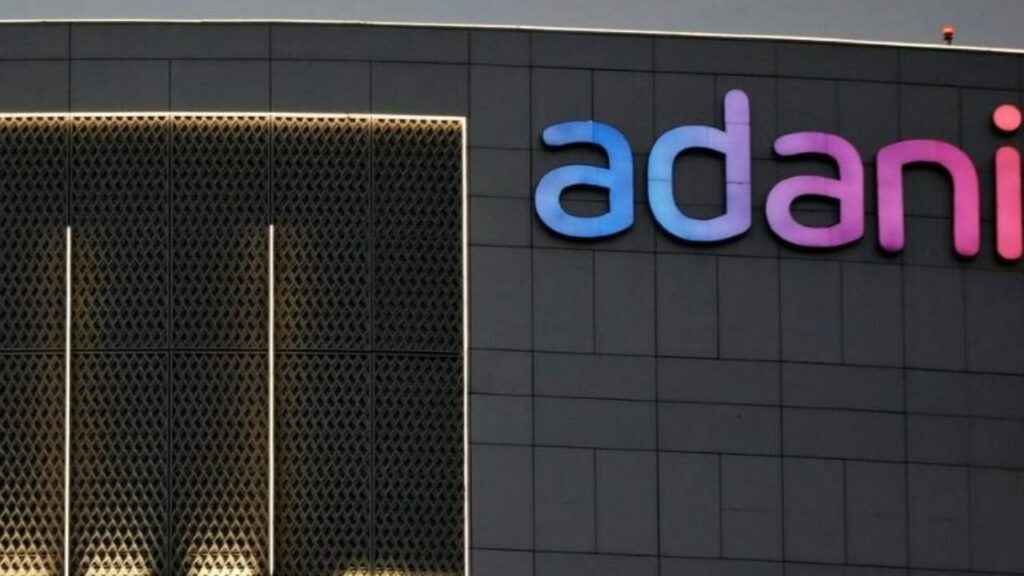India’s second largest conglomerate Adani Group has been under much scrutiny ever since the US-based activist investor group Hindenburg Research released a report last week, which alleged the conglomerate giant to be involved in fraudulent activities.

As a result, all the Adani Group listed stocks on the Indian share market have been falling continuously in the past few sessions. This has also pushed the conglomerate’s Chairman and founder Gautam Adani, down the richest billionaires list in the world.
In the latest development, the investment banking company based in Switzerland, Credit Suisse, has announced to no longer accept the bonds of Adani Group companies as collateral for margin loans it provides to its private banking clients.
The Swiss lender’s private banking arm has assigned a zero lending value for notes sold by Adani Group companies including Adani Green Energy, Adani Ports and Special Economic Zone, and Adani Electricity Mumbai, a Bloomberg report stated.
Credit Suisse’s move created more havoc for the already trailing Adani Group stocks on Wednesday. It is a clear indication that the scrutiny of the conglomerate’s finances is rising after Hindenburg’s strong allegations in its 106-paged report.
The report stated that when a private bank cuts its lending value to zero, the clients must resort to topping up with either cash or any other form of collateral, adding that failure to do so could lead to their securities being liquidated.
The Swiss lender was initially offering a lending value of about 75% for the notes of Adani Ports & SEZ, a person familiar with the matter said.
However, other banks continue to lend against Adani debt, stated Bloomberg. This very much includes the private banking firm of Oversea-Chinese Banking Corporation, the Bank of Singapore, which is the second-largest lender in Singapore.
“In determining the LTV that is given to the client, we take into consideration various parameters such as the rating of the bond, duration and concentration as well as the prevailing market conditions (price, liquidity, volatility),” Bank of Singapore’s chief risk officer, Alexandre Lotfi said.











